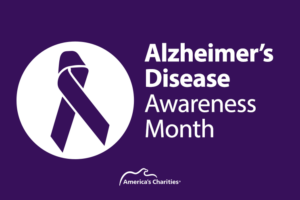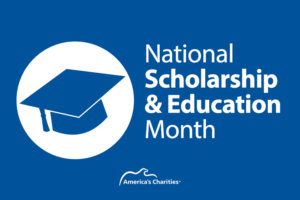Sarah Ford | October 31, 2013
Independent Sector Releases Statement on Washington Post Nonprofit Abuse Allegations
(WASHINGTON, October 31, 2013) — Independent Sector released the following statement:
Dear Colleagues:
You may have seen the Oct. 26 Washington Post story outlining alleged cases of embezzlement and fraud at major nonprofits, published along with a Post database naming more than 1,000 nonprofits that reported losing over $250,000 or more than 5 percent of total assets. I have written a letter to the editor which appears in today’sPost.
In the letter I note that the bad behavior alleged in the story is deeply troubling and the actions of just a few have the power to taint many more if the public believes that these actions are just the tip of the iceberg. Making clear that we have zero tolerance for any unethical or illegal actions no matter how seldom they occur is essential to maintaining the public trust. At the same time we believe that the majority of nonprofit boards and staff honor their obligation to open, transparent, and ethical stewardship of their organizations.
We thought it would be useful to share how we each might demonstrate our ongoing commitment to the highest possible standards of ethics, accountability, and transparency:
- Board members, with nonprofit leaders, every few years should scrutinize their governance policies and practices. They may find it helpful to compare them with the broadly accepted IS Principles for Good Governance and Ethical Practice. Included in these practices are procedures that allow early detection of problems as long as boards and senior staff remain attentive and engaged. Once possible problems are detected it is essential for the staff and/or the board to take remedial action and to consider what additional processes might prevent future problems.
- The Principles for Good Governance and Ethical Practice were first published in 2007 after extensive consultations with experts, local and national leaders, and many governance practices developed by various fields of practice within the charitable sector. It is possible that there are additional issues and practices that merit study and consideration. We invite all IS members and others to suggest areas that ought to be part of this important guide designed to strengthen ethics and accountability standards.
- Federal and state law enforcement officials are responsible for oversight and enforcement of the law. If violations occur it is up to them to take appropriate action to ensure that bad actors are prosecuted. They cannot fulfill their responsibility if they don’t have sufficient funds. It is up to us to call for adequate resources that enable federal and state oversight officials to enforce the law.
Proactive, responsible actions on our part help improve our practices and safeguard our organizations. With strong checks and balances in place, nonprofits and foundations are in a better position to identify problems before major damage is done.
We welcome your thoughts and your recommendations.
Diana Aviv
President and CEO of Independent Sector
###
Independent Sector is a nonprofit, nonpartisan coalition of approximately 600 charities, foundations, and corporate philanthropy programs, collectively representing tens of thousands of charitable groups in every state across the nation. Its mission is to advance the common good by leading, strengthening, and mobilizing the nonprofit and philanthropic community. Learn more at IndependentSector.org.
Get Resources and Insights Straight To Your Inbox
Explore More Articles
Open Position: Customer Service Coordinator (Remote-Part Time)
Position Title: Customer Service Coordinator (Remote – Part Time) Department: Charitable Funds Management Solutions We are a non-profit charitable organization looking for skilled individuals who…
Read ArticleGet Resources and Insights Straight To Your Inbox
Receive our monthly/bi-monthly newsletter filled with information about causes, nonprofit impact, and topics important for corporate social responsibility and employee engagement professionals, including disaster response, workplace giving, matching gifts, employee assistance funds, volunteering, scholarship award program management, grantmaking, and other philanthropic initiatives.




